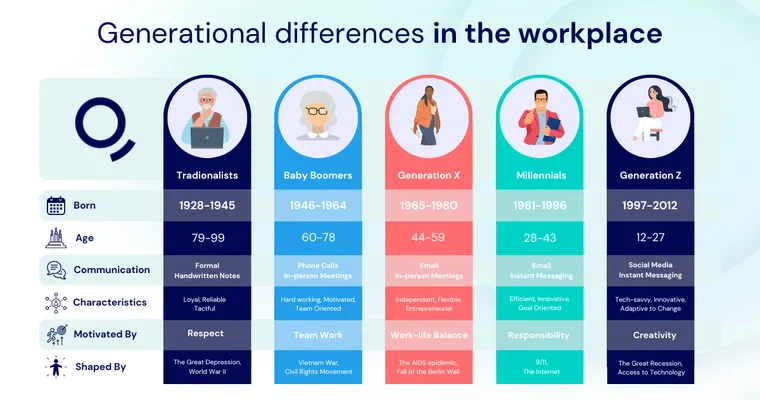Caregiving can often be a rewarding yet demanding experience. Many "caregivers" face immense "stress", juggling their responsibilities while trying to maintain their own mental and physical health. One simple yet powerful tool that can help alleviate this stress is laughter. In this article, we will explore how humor can serve as an effective stress-relief strategy for caregivers, promoting both emotional well-being and resilience.
The daily challenges of caregiving can lead to feelings of isolation and burnout. It is essential for caregivers to find healthy outlets for their emotions. Laughter not only boosts mood but also strengthens relationships, providing a sense of community and connection. When caregivers share a good laugh, they can temporarily escape the weight of their responsibilities, allowing them to recharge and refocus.
One effective way to incorporate laughter into your routine is by engaging with "humorous content". Watching funny movies, reading comic books, or listening to stand-up comedy can provide a much-needed break from the seriousness of caregiving duties. Surrounding yourself with "funny friends" or family members who can lighten the mood is another great way to invite laughter into your life. Social interactions that include humor can foster a supportive environment, making it easier to cope with stress.
Moreover, laughter has numerous physical benefits that can directly impact a caregiver's health. It triggers the release of "endorphins", the body's natural feel-good chemicals, which can alleviate feelings of anxiety and depression. A good laugh can also improve cardiovascular health by increasing blood flow and improving blood vessel function. In this way, laughter acts as a natural antidote to the physical toll that caregiving can take on the body.
Incorporating humor into caregiving doesn’t mean neglecting responsibilities. Instead, it can be about finding moments of joy amidst the challenges. Share jokes with the person you care for or engage in playful activities that can elicit laughter. Whether it's watching funny videos together or reminiscing about humorous memories, these moments can create a positive atmosphere that benefits both the caregiver and the care recipient.
Furthermore, seeking out "laughter therapy" or support groups focused on humor can be invaluable. These resources often provide caregivers with a platform to share their experiences and find solace in shared stories, all while incorporating humor into their discussions. Laughter therapy has been shown to reduce stress and enhance emotional resilience, making it a valuable tool for those in caregiving roles.
In conclusion, caregivers should prioritize laughter as a vital component of their self-care routine. By embracing humor and finding joy in everyday moments, caregivers can significantly reduce their "stress levels" and improve their overall well-being. Remember, a good laugh can be one of the best medicines, helping caregivers navigate the challenges they face with a lighter heart and a brighter outlook. Make laughter a priority in your caregiving journey, and watch as it transforms both your life and the lives of those you care for.





